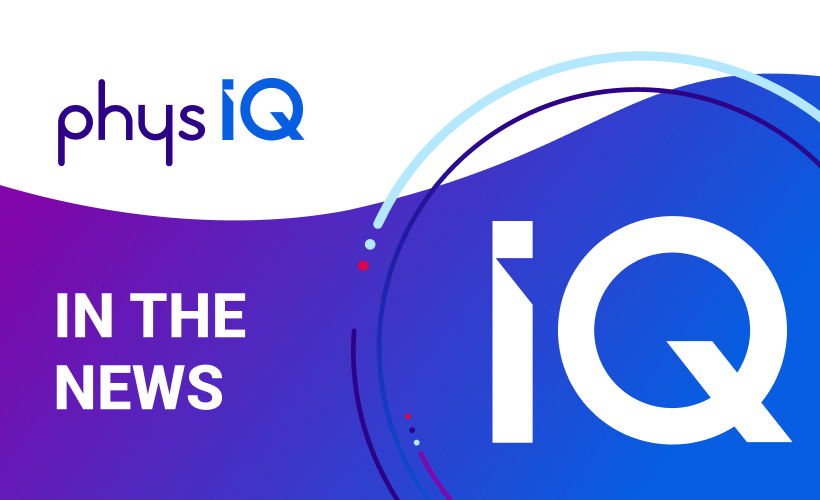Inside an Individual’s Physiological Signature
Originally published in Medical Device & Technology
2 min read
![]() physIQ
:
September 15, 2020
physIQ
:
September 15, 2020

Originally published in Mass Device
The National Institutes of Health announced that it awarded seven contracts to companies to develop digital health solutions for addressing COVID-19.
NIH said in a news release that the technology developed to help address the pandemic could lead to user-friendly tools like smartphone apps, wearable devices and software that can identify and trace contacts of infected individuals, keep track of verified COVID-19 test results and monitor the health status of infected and potentially infected people.
The National Cancer Institute (NCI) and National Institute of Biomedical Imaging and Bioengineering (NIBIB), as part of NIH, picked through nearly 200 ideas to select seven solutions.
“The tools these organizations plan to develop could allow us to use containment efforts, like COVID-19 testing, social distancing, and quarantine, precisely when and where they’re needed,” NCI Director Dr. Norman Sharpless said in a news release. “That might let more people return to less restricted living and reduce the risk of devastating local outbreaks. We are working as quickly as possible to help businesses and universities develop innovative tools to achieve this goal.”
Contracts will be awarded in two phases, as initial awards for phase one will be for the demonstration of the feasibility of the project. Once phase one is completed, a contractual option for phase two would offer additional funding to further development. The total value of the contracts, should all seven projects move into phase two, would reach $22.8 million. Awardees have one year to complete both phases.
Here are the selected organizations:
Additionally, NIBIB awarded CareEvolution a contract in a separate award but related effort. The Ann Arbor, Mich.-based company developed Safer-COVID, a digital health solution for integrating self-reported symptoms, data from consumer wearable devices, electronic health record and claims data, plus COVID-19 test results to indicate if users are ready to return to work and/or normal activities during the pandemic.

Originally published in Medical Device & Technology

Originally published in Pixel Scientia Labs

Originally published in Crain's Chicago